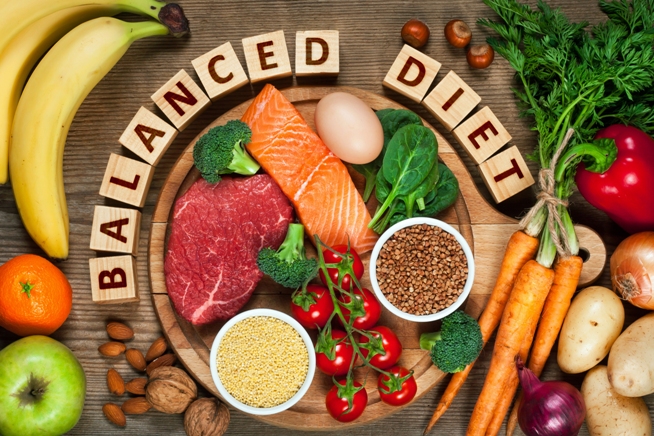
Is being a vegan good, bad, ugly, or great? That’s the million-dollar question, isn’t it?
From LA to aamchi Mumbai, celebrities and influencers from the world over are going gaga about adopting veganism. Well, they call it their new magic mantra to stay healthy.
And why not, veggies are loaded with fibre, minerals, antioxidants, and other nutrients. They are easy on the digestive system and are low in fat, which ensures that weight gain is out of the question.
But for all its veggie goodness, veganism leaves the door open for a very big question: what will happen to our bodies if we don’t consume healthy fats, protein, calcium, and other important nutrients that we get from dairy and meat?
If that question has popped in your mind many times over, then missy–you’re in the right place at the right time. We researched long and hard to answer exactly that for you.
Veganism poses bigger challenges that just assaulting your taste buds
Sure, variety is the spice of life and chucking non-vegetarian food out of your life will leave you with fewer options. But this is still a small issue compared to the bigger battles we have to fight.
In 2009, a research paper published in the journal American Journal of Clinical Nutrition referred to the flipside of being a vegan. The paper suggested that people who opt for vegan diets are often found to be deficient in essential vitamins and fats.
So what are the nutrients that you might miss out on?
For starters, say goodbye to good fats
Good fats are essential for your heart, eyes, skin, hair, and brain. In fact, they contribute to your overall wellness. Omega 3 fatty acid is one such good fat, and fish and eggs are rich in it. While some nuts and seeds are rich in omega 3, the amount of nutrition you’ll get from them in comparison to non-vegan sources is much lower. After all, how many nuts can you consume in a day anyway?
Select Topics of your interest and let us customize your feed.
PERSONALISE NOWThe FOMO is real, especially in the case of B12
Vitamin B12 is found in abundance only in animal products like meat, dairy, and seafood. So, boycotting these sources will increase your dependance on supplements (you’ll have to hunt for vegan ones, of course)–lest you want to suffer neurological consequences.
Your calcium & vit D levels are at stake too
If you are cancelling out dairy and meat products then banking on calcium and vitamin D is going to be a little tricky unless you invite dietary supplements in your life.
For vitamin D, fish, egg yolk, and beef liver are found to be the richest sources. Any inadequacy in one of these nutrients can affect the absorption and performance of the other. Basically, you have to balance them out for healthy and strong bones.
Why break up with meat and dairy, when you can strike a balance?
While we completely support your noble intentions towards nature and animals, the hard truth is: your body needs certain nutrients that you won’t get from veggies and fruits.

The solution hence lies in finding the middle way. You don’t need to gorge on chicken and mutton. Lead a vegetarian life relying on non-vegan foods only to grant your body the strength it requires. This way you can be humane to animals as well as to your body.
Do you agree? Let us know in the comments below.